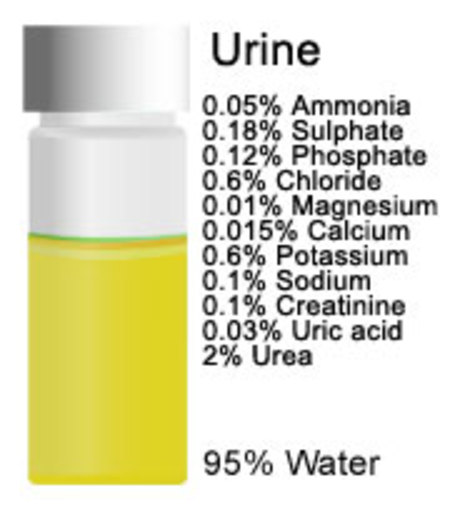WOWT TV in Omaha and AP are reporting that an outbreak of Salmonella in Nebraska has been linked to a local fresh sprouts producer.
Nebraska Health and Human Services says the initial testing links the outbreak to source-alfalfa sprouts from a local grower, CW Sprouts in Omaha.
Public health workers have been interviewing individuals involved in the outbreak, as well as people in a control group that helps interviewers determine the food source. The interviews led epidemiologists to conclude that sprouts were reported in a high number of food histories of ill people, thus there was a strong association with sprouts. .jpg)
Nebraska’s chief medical officer Joann Schaefer held a press conference Tuesday releasing the following information:
– As of Tuesday, the state health department had confirmed 14 cases of Salmonella in Nebraska.
– The cases were reported from Feb. 2 to Feb. 23.
And in a great example of good communication, the health authorities said that there really wasn’t much a consumer could do once they had the product (other than cook it):
While the health department recommended consumers wash all fruits and vegetables before consumption, Schaefer acknowledged that doing so likely would not have prevented the most recent outbreak. Schaefer said officials believe the salmonella was probably within the alfalfa sprouts, and therefore, could not be washed off.
"The company does all sorts of washing procedures in its plant," Schaefer said. "It’s state of the art. It’s probably one of the cleanest facilities we’ve seen."
A clean facility doesn’t do a whole lot if the seeds come in contaminated. The warm and humid environment that sprouting plants grow in provide a fantastic situation for pathogens to thrive. Pathogens have been shown to attach and survive within the layers of the sprout, making washing virtually useless.
Sprouts have often been linked to foodborne illness, with the FDA issuing a standing risk advisory in 1999, updated in 2002, on raw and lightly cooked sprouts:
The FDA offers the following advice to all consumers concerning sprouts:
- Cook all sprouts thoroughly before eating to significantly reduce the risk of illness.
- Sandwiches and salads purchased at restaurants and delicatessens often contain raw sprouts. Consumers who wish to reduce their risk of foodborne illness should specifically request that raw sprouts not be added to their food.
- Homegrown sprouts also present a health risk if eaten raw or lightly cooked. Many outbreaks have been attributed to contaminated seed. If pathogenic bacteria are present in or on seed, they can grow to high levels during sprouting even under clean conditions.
A selection of past sprouts-related outbreaks can be found here.
 The restaurant/bar at the Marina Inn has closed temporarily on the advice of health officials.
The restaurant/bar at the Marina Inn has closed temporarily on the advice of health officials.
.jpg)
.jpg) Food served at the competition came from a range of sources, including vendors and parents who had donated baked goods for a fundraiser. ??????
Food served at the competition came from a range of sources, including vendors and parents who had donated baked goods for a fundraiser. ??????
 When I was a graduate student at the University of Michigan,
When I was a graduate student at the University of Michigan, 
 The employee accused of urinating and spitting in the family’s food pleaded guilty last year to violating the Nebraska Pure Food Act and fined $100, according to court records.
The employee accused of urinating and spitting in the family’s food pleaded guilty last year to violating the Nebraska Pure Food Act and fined $100, according to court records..jpg) Or at least how to reduce it in Nebraska Beef products.
Or at least how to reduce it in Nebraska Beef products..jpg) As
As (1).jpg)